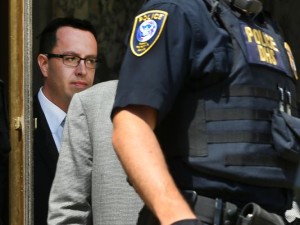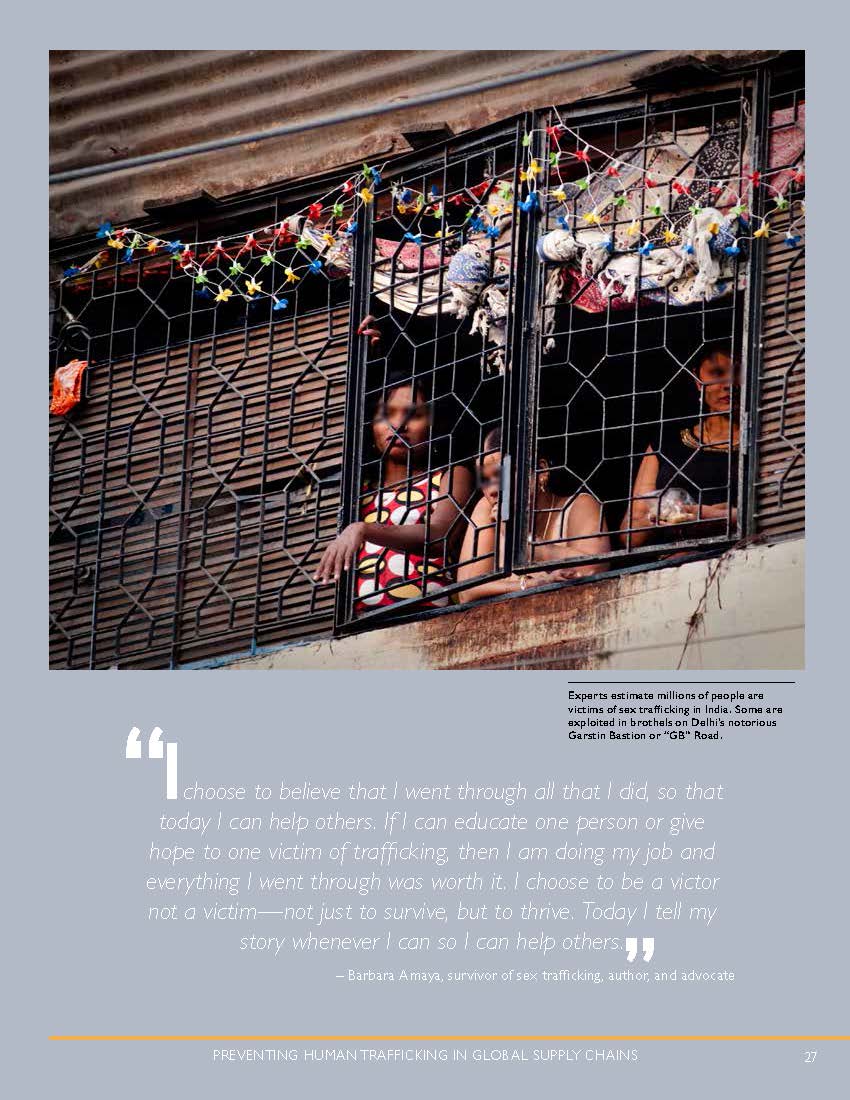
On September 3, the Washington Supreme Court issued a much anticipated order that will allow three domestic minor sex trafficking victims their day in court against Backpage.com. This marks a critical blow to the online classified giant’s claims of immunity under federal law and could lead to thousands of victims gaining access to justice against online facilitators at last.
In July 2012, three child sex trafficking victims who were advertised on Backpage.com filed a lawsuit against Backpage.com for its role in their exploitation. Backpage.com asked the court to dismiss the case, citing immunity under the Communications Decency Act. The Washington Supreme Court agreed to hear the motion on October 2014.
To support the sex trafficking victims’ pursuit of justice, Shared Hope International filed a joint Amicus Brief alongside those of the Washington Attorney General and others. The victims’ attorney, Erik Bauer, presented this precedent-setting case at the 2014 JuST Conference to inspire further actions on this issue.
For more cutting-edge strategies from national experts, join us at the 2015 JuST Conference.
Listen to Kubiki Pride, the mother of a child sex trafficking victim who lost her claim against Backpage.com in 2010, as she shares her story at the 2013 release of the Protected Innocence Challenge state report cards, an initiative designed to promote justice for victims of domestic minor sex trafficking.
With your help we will continue to keep up the pressure to close the virtual marketplaces of child sexual exploitation!

 Today, the U.S. Department of State released the 15th annual
Today, the U.S. Department of State released the 15th annual 





